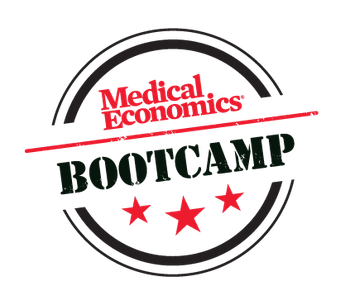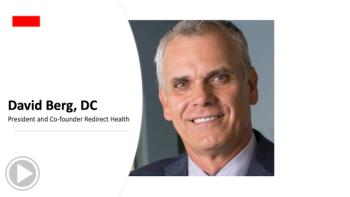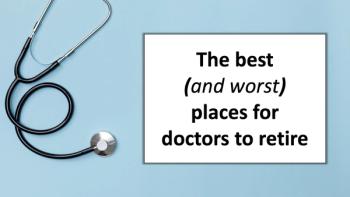
How many novel coronavirus (COVID-19) cases were announced today?

How many novel coronavirus (COVID-19) cases were announced today?

Proper implementation of remote patient monitoring can be beneficial for practices and patients.

Death rates hold steady or drop for other groups.

There are many financial vehicles that can work with doctors, as long as they have a solid strategy.

Research shows walking can help middle age adults improve their health and live longer.

The agency suspended enrollment in five MA plans, three of which are offered by UnitedHealthcare.

What impact does inflation have on consumers and the economy?

How many novel coronavirus (COVID-19) cases were announced today?

Don't miss this chance to receive valuable business training for physicians.

Don’t let this major IT threat take you hostage.

Successfully implementing a CCM program starts with laying the operational groundwork.

Pfizer and COVID-19 vaccine development partner BioNTech reported positive topline results from a pivotal trial of the vaccine in children aged 5 to 11 years.

How many novel coronavirus (COVID-19) cases were announced today?

The Vaccines and Related Biological Products Advisory Committee voted against recommending the extra shots for the general public.

Experienced partners can help guide organizations through the quality contract options that best match their strengths and goals.

The agency wants to give clarity to the Health Breach Notification Rule.

How many novel coronavirus (COVID-19) cases were announced today?

We are on the precipice of a data tidal wave in healthcare. Exciting because it can transform lives. Concerning because our healthcare system is not built to deliver this promise.

If rates rise, doctors should take a fresh look at their financial strategy.

The number of states with high adult obesity rates is increasing.

Collecting from non-paying patients is vital to keeping a practice open

The organization says the government’s requirements are appropriate.

How many novel coronavirus (COVID-19) cases were announced today?

How an alternative waiting room can benefit patients.

But support splits along party lines

How many novel coronavirus (COVID-19) cases were announced today?

Taxpayers ultimately picking up the tab for those refusing the jab

A new survey ranks cities according to factors important to retirees.

The organization is also calling on everyone to be vaccinated against the disease.